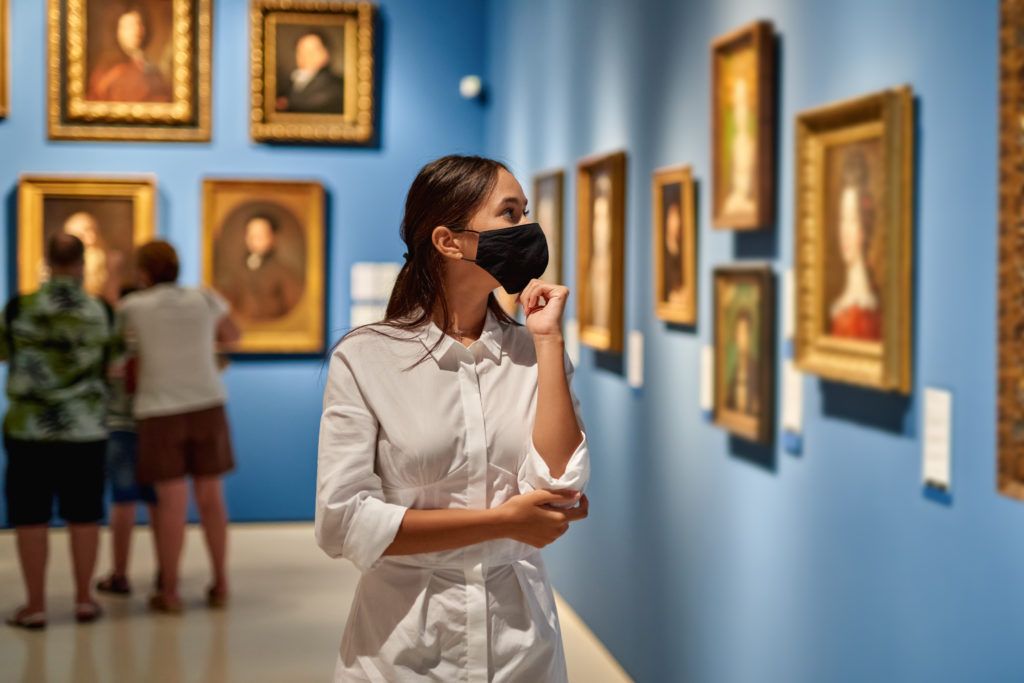History is getting a chance to rewrite itself in ‘Revisionist History’

Since 2016, “Revisionist History” has been journeying through the overlooked and misunderstood events, ideas, and people of the past. The host, Malcolm Gladwell, asks whether we got history right the first time. And, if not, what can we do to revise it? Revisit the past with him in this Pushkin Industries podcast.
Gladwell is a five-time New York Times bestseller as well as the cofounder of Pushkin Industries. He is fascinated with the past and putting it to good use in the context of today. While every episode of “Revisionist History” takes one forgotten moment, he finds more examples of the same instances up into the present day. His exceptional journalism and analytic approach to the past and present have put him on TIME’s 100 Most Influential People list and been recognized as one of Foreign Policy’s Top Global Thinkers.
Now in its sixth season, “Revisionist History” has looked at stories like Dillard University’s unfair ranking in the US News & World Report, the hoarding habits of museums and the ultra-wealthy, and the psychology behind dragons. His first seasons are most beloved, though.
The Lady Vanishes
The first episode, titled “The Lady Vanishes” looks at the painting that could have changed England, its art, and potentially the world. It’s called The Roll Call and it was painted by the unknown Elizabeth Thompson, Lady Butler in 1874. The full title is really Calling the Roll After An Engagement, Crimea, but it’s lovingly kept short and sweet. Gladwell takes us through the history of this painting and the Royal Academy of Arts in London. He explains that, at the time, women were completely excluded from the fine art world: they were not allowed to study fine art at all. Which makes this painting even more remarkable. It was so remarkable that it was put on display at eye-level in the Gallery Two, the most prestigious spot for a painting to be displayed
Thompson found herself instantly the most famous painter in England. She created more equally celebrated works of art, including Quatre Bras in 1875 and Balaclava and Inkermann in the years following. People thought she was destined to be the first woman ever to be elected as an Associate Member of the all-male Royal Academy.
Moral licensing
She came within two votes and never ran again. Ultimately, the Royal Academy did not elect the first woman into their ranks until 1922 with Annie Swynnerton. And Gladwell sees a similarity with Australia’s first female prime minister, Julia Gillard. Gillard, in her three years in office, was bombarded by barbarous sexist comments from the media, her political opposition, and even her political allies. She made a worldly reported speech in October of 2012 about the sexism and misogyny she faced from all sides.
Gladwell ties this in with the idea of moral licensing: that by opening the door for a woman or minority, you are then allowed to shut it for all others, claiming that by including just one you cannot possibly have prejudice against them. Gladwell found this in Obama voters, Gillard’s government, and in the Royal Academy of Arts.
Needless to say, Gladwell explains these ideas much better than us. Every episode, he takes a topic like Elizabeth Thompson, the 2009 Toyota recall hysteria, Wilt Chamberlain’s shooting technique, and finds how it has been spun by history. Like a giant, sometimes centuries-long game of telephone. Check out “Revisionist History” to hear the past get a second chance.







